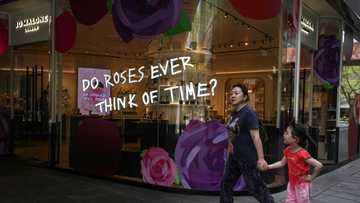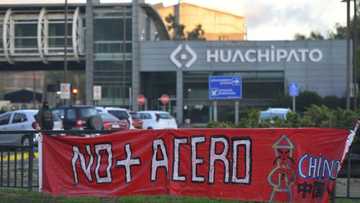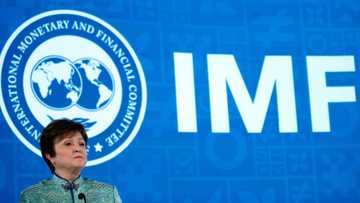Even as Olympic costs climb, France says they are quite cheap
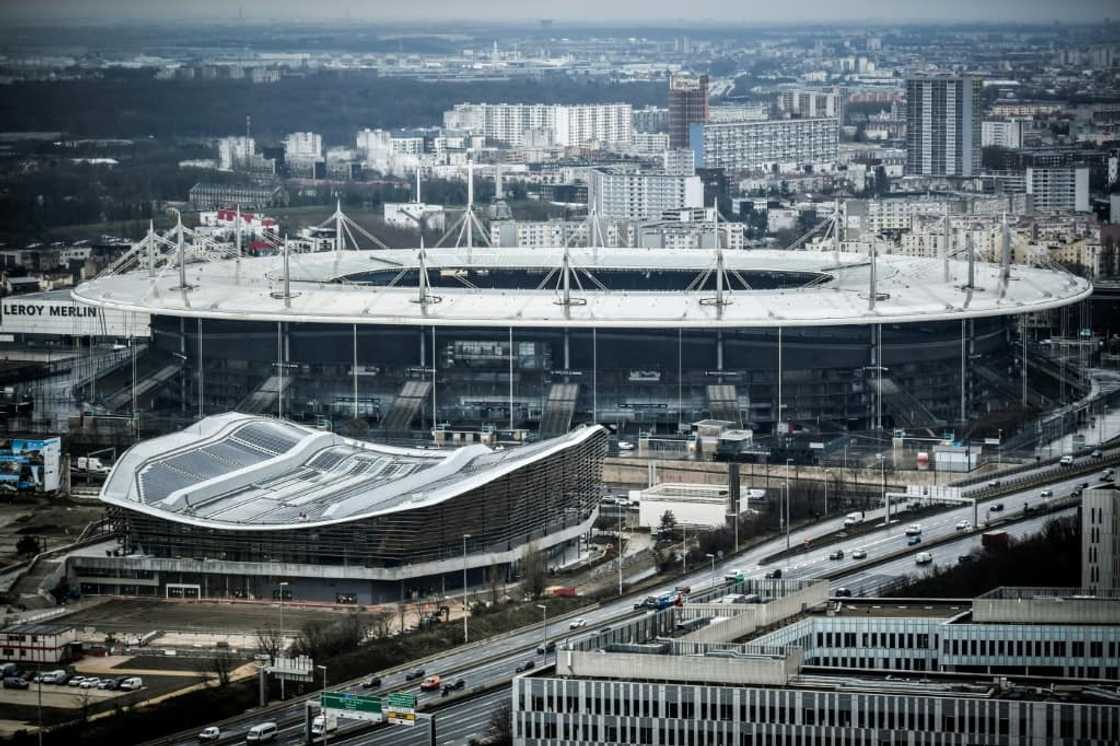
Source: AFP
The final bill for the Paris Olympics is still unknown but, depending on the point of view, are likely to be expensive compared to original estimates or cheap, when set against other recent Games.
The total is currently approaching 9.0 billion euros ($9.66 billion dollars), but is likely to pass 10 billion euros, forcing additional contributions from the government for an Olympics planned under the mantra "the Games finance the Games".
With 100 days to go before the flame is lit in the opening ceremony, "the risk zone is now", a government source told AFP.
What is included in the cost of Olympics can lead to wildly different calculations of their costs.
The Tokyo Olympics, delayed a year and held in 2021 during the Covid crisis, cost 12 billion euros according to Japan's national auditors, almost twice as much as the estimate in their original bid.
For Rio in 2016, beset by corruption, the local organisers estimated a total cost of 11.8bn euros, more than half of that on infrastructure.
PAY ATTENTION: Let yourself be inspired by real people who go beyond the ordinary! Subscribe and watch our new shows on Briefly TV Life now!
Estimates for London in 2012 range between 12 and 15 billion euros. For Beijing in 2008 calculations from outside experts run as high as 40 billion euros at current exchange rates. Athens in 2004, which added to the Greek government's crippling debts, cost 13 billion euros.
For Paris, the responsibility for spending the money is divided between the Organising Committee for the Olympic Games (Cojo), which is running the competition, and the Olympic Delivery Company (Solideo) which built the facilities. Both have had issues compounded by higher-than-anticipated inflation.
Cojo is already on course to raise more money from private sources, 4.4 billion euros, than the original estimate of 3.2 billion euros. In fact the original budget foresaw perfect financial balance -- a goal which has been abandoned.
Cojo is raising 1.24 billion euros from sponsors, 1.4 billion euros from ticket sales and it receives 1.2 billion euros in funding from the International Olympic Committee.
Among Cojo's costs are renting the Stade de France, equipping the Olympic Village for the athletes, paying private security guards, for temporary stands and for the dancers at the opening ceremony.
At the end of 2022, Cojo hiked its budget 10 percent, blaming inflation. By then, it had received an additional 111 million euros in public funding from the French government and local authorities, in particular for the organisation of the Paralympics, which take place after the Olympics.
The French Court of Audit said Cojo had committed the traditional Olympic error of underestimating its initial budget.
In a sign that times are hard, Cojo recently asked the regional government to contribute to the cost of bus transport for accredited participants, a 10-million-euro expense. The region refused.
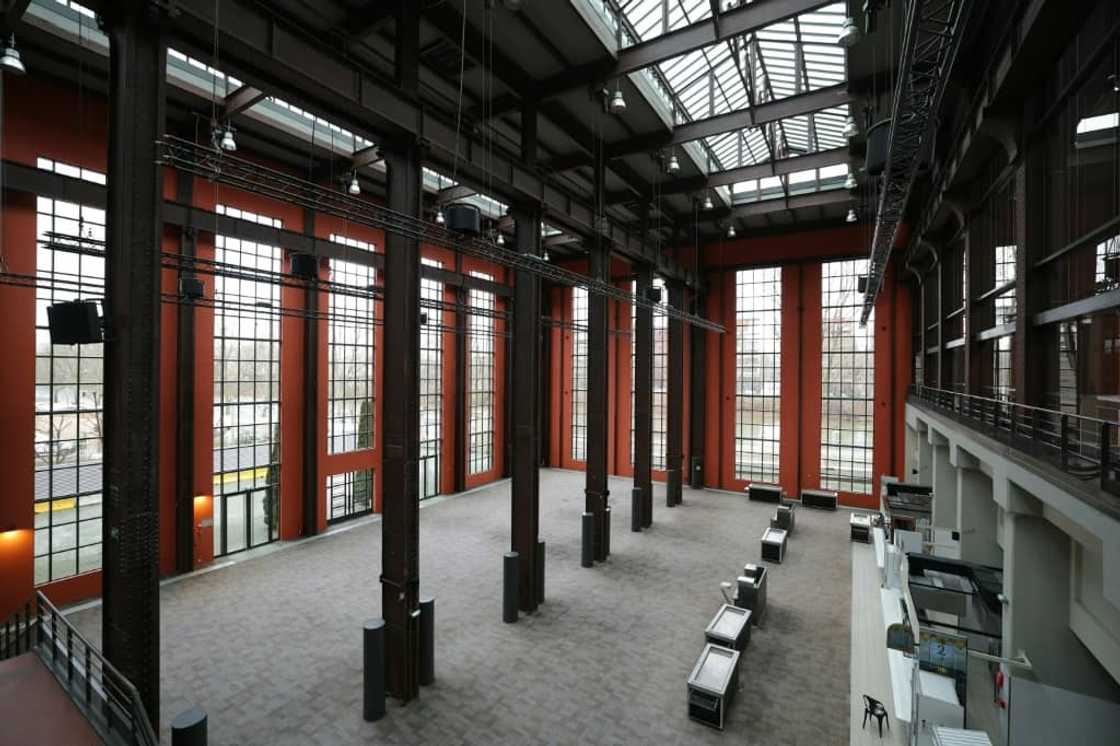
Source: AFP
The French government is keeping a close eye on the Cojo's finances. The government has given a 3bn-euro guarantee to cover shortfalls.
"For the moment, there is no reason to believe that there will be a deficit," Sports Minister Amelie Oudea-Castera said.
Solideo, with a total budget of 4.4 billion euros, has received almost 1.8 billion euros from national, regional and local governments. That includes 542 million euros towards the total 646-million-euro cost of building the Olympic Village, which will become apartments after the Games.
No hidden costs
Other legacy items include the newly-built Olympic aquatics centre, which will host diving, water polo and artistic swimming events, and a footbridge over the motorway that separates the pool from the Stade de France, where athletics and rugby sevens will take place.
Yet not all the costs are known, including the exact price tag of security, including the 1,900-euro Olympic bonuses for police officers and other promised public service bonuses.
By 2023, budget documents indicated that the public Olympic contribution had reached 2.44 billion euros (including 1.3 billion euros from national government and 260 million euros from the city of Paris).
The President of the Court of Audit, Pierre Moscovici, recently upped his estimate of the final public contribution to "three, four or five billion euros", saying the final figure would only be known "after the Olympics".
Oudea-Castera disagreed.
"There's no reason why it should be five billion euros," she said, adding there was no "budgetary drift or hidden costs".
Oudea-Castera also argued that compared to the other Summer Olympics this millennium, even a final total bill close to 10 billion euros would be cheap.
"These budgets are probably the most scrutinised in the history of the Olympics" and "the most restrained (in terms of organisation) in 20 years", she said.
The final score will not be known until long after the final competition ends.
The Court of Audit has been asked to produce a report by autumn 2025.
PAY ATTENTION: Follow Briefly News on Twitter and never miss the hottest topics! Find us at @brieflyza!
Source: AFP

